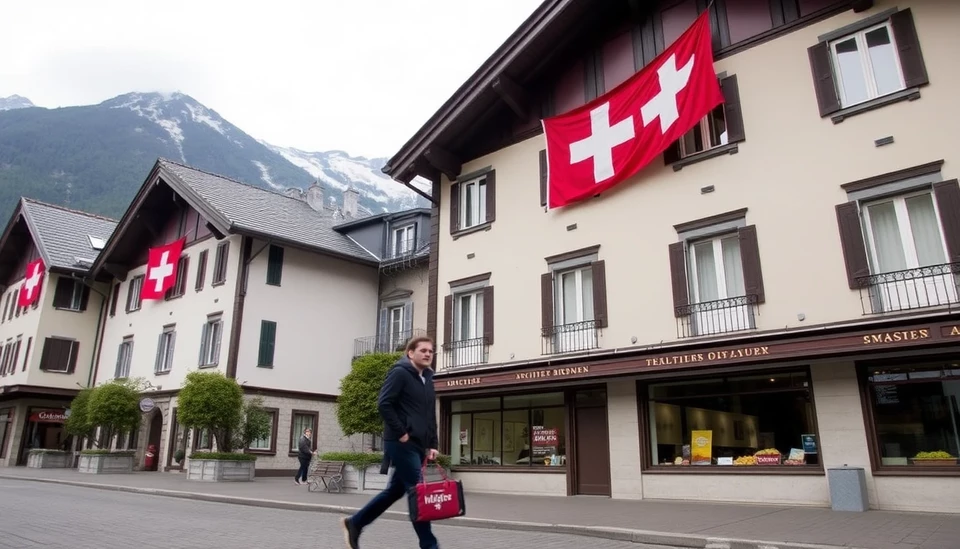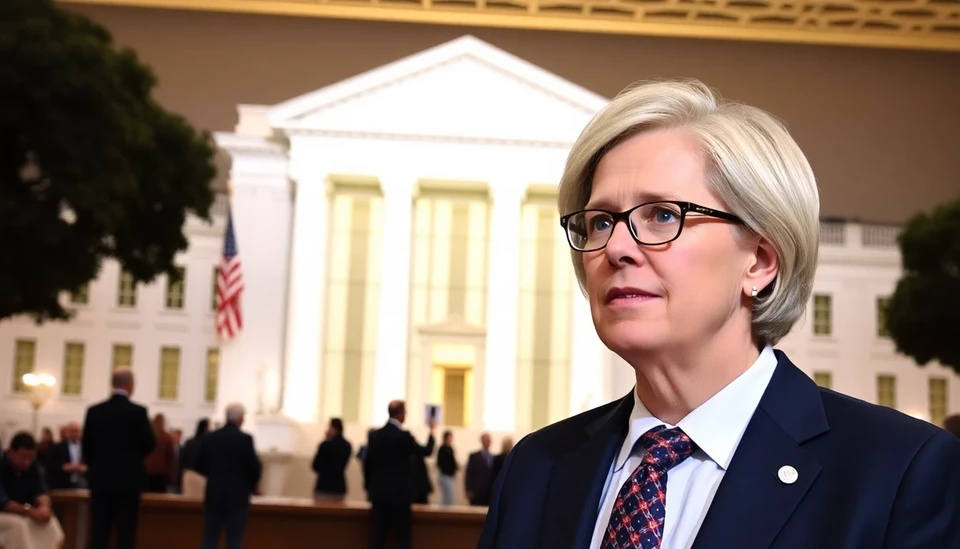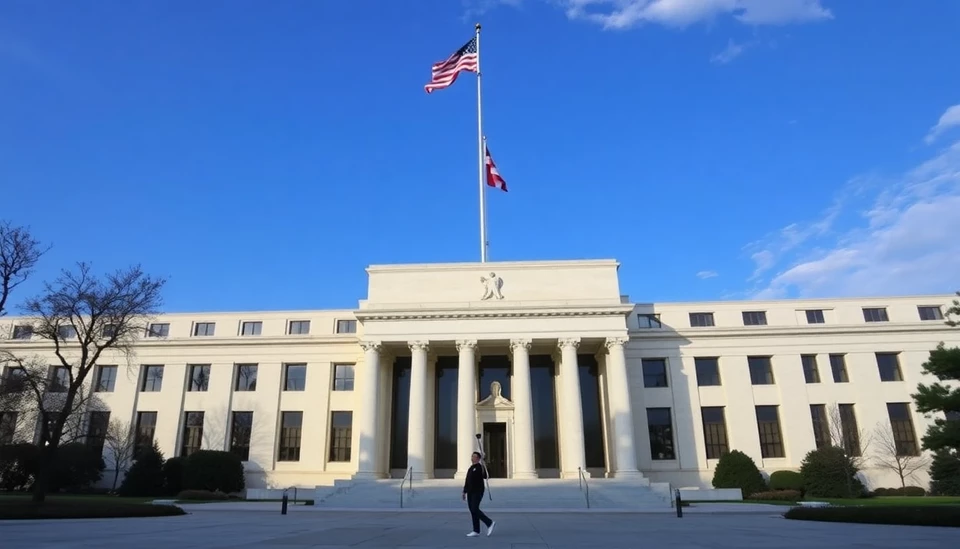
In an intriguing turn of events, recent data reveals that Swiss inflation has edged up, prompting central bank officials to reconsider their monetary policy stance. With inflation creeping higher, the prospect of additional rate cuts is increasingly debated among Swiss National Bank (SNB) officials.
According to latest reports, inflation in Switzerland has risen to 2.5% in November, up from 2.3% in October. This uptick has caught the attention of economists and policymakers, who are now faced with a complex scenario. The recent figures contrast the previous trend of steadily declining inflation rates, raising concerns about the persistence of inflationary pressures in the economy.
Central bank authorities have historically aimed to maintain price stability, but the latest inflation data has rekindled discussions about the effectiveness of their current monetary strategies. As global economic forces exert influence on local markets, Swiss officials are closely monitoring the broader implications of rising costs on households and businesses.
The SNB has previously implemented a series of interest rate cuts to stimulate economic growth, particularly in light of external shocks and the ongoing global economic fluctuations. As the debate intensifies, many experts are analyzing the potential impacts of further rate adjustments on the Swiss franc and overall economic stability.
Some economists argue that maintaining a low interest rate environment is essential for supporting growth, particularly as businesses continue to recover from the effects of the pandemic. On the other hand, rising inflation raises questions about the sustainability of such policies going forward.
Officials have expressed differing views on the matter, suggesting that while some advocate for swift action to address rising costs, others recommend a more cautious approach. The conflicting opinions in the SNB highlight the complex interplay between supporting economic growth and curbing inflation.
As the SNB prepares for its upcoming discussions, market observers are keenly awaiting their analysis and decisions, which will significantly influence monetary policy and economic outlook in Switzerland. The implications of inflation on consumer spending, savings, and investment are critical factors that officials must navigate as they ponder the next steps in their monetary policy framework.
In summary, the increase in inflation presents Swiss officials with a challenging dilemma: how to balance the need for continued economic support while simultaneously managing the rising tide of inflation. The forthcoming deliberations at the SNB will undoubtedly attract significant attention from market participants and citizens alike, as they seek clarity in a swiftly changing economic landscape.
As the Swiss economy evolves in these uncertain times, the decisions made by the Swiss National Bank will play a pivotal role in shaping the future financial environment of the nation.
#SwissInflation #InterestRates #SNB #MonetaryPolicy #EconomicOutlook
Author: Laura Mitchell




